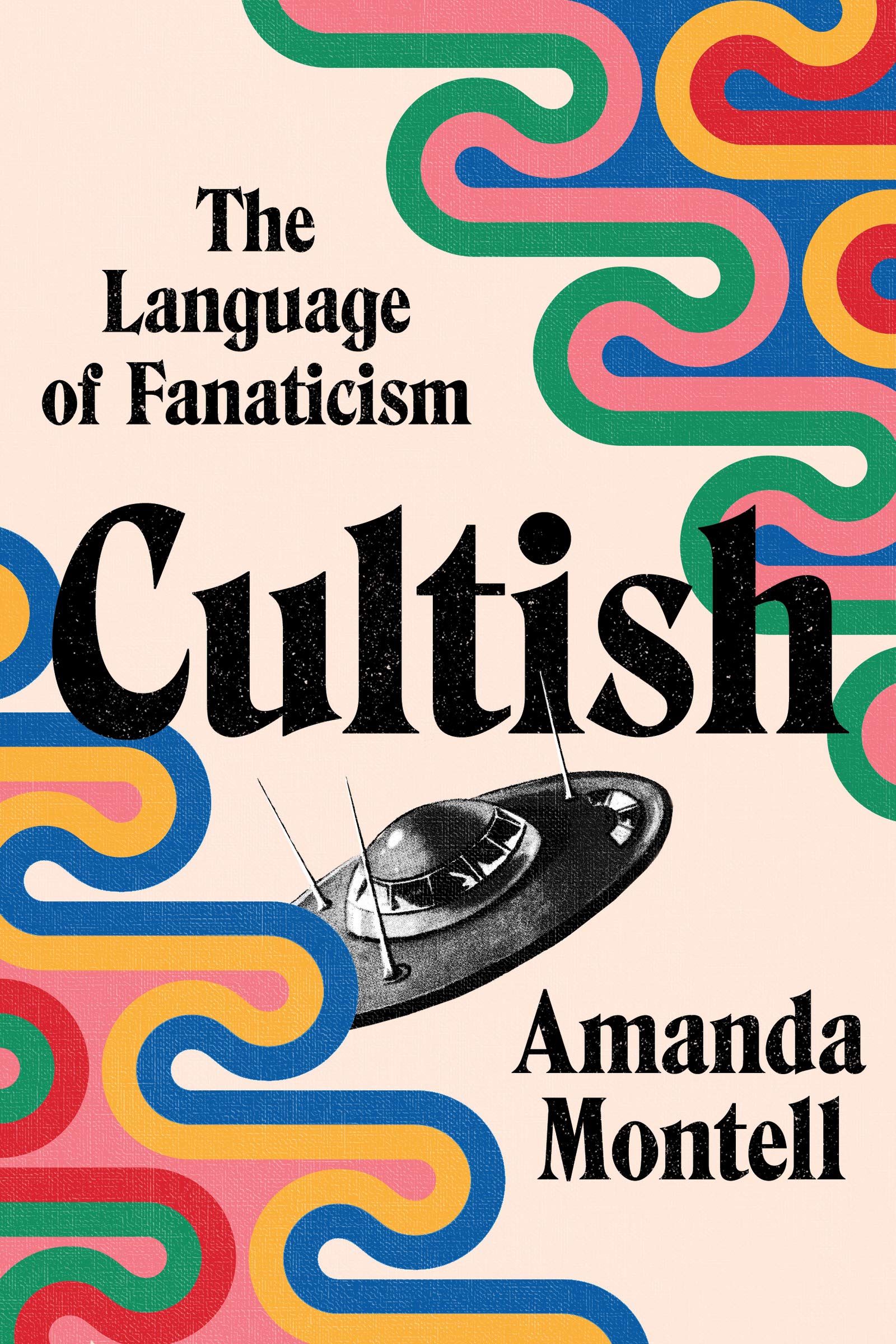QAnon’s immersive experience generates a kind of compulsive behavior similar to addiction. In a cognitive analysis of QAnon for Psychology Today, Pierre noted that with QAnon, “the conflation of fantasy and reality isn’t so much a risk as a built-in feature.” Some of the psychological quirks thought to drive conspiracy theory belief in general, Pierre writes, include a craving for uniqueness, plus the needs for certainty, control, and closure that feel especially urgent during crisis-ridden times.
Welcome back. Just a moment while we sign you in to your Goodreads account.


